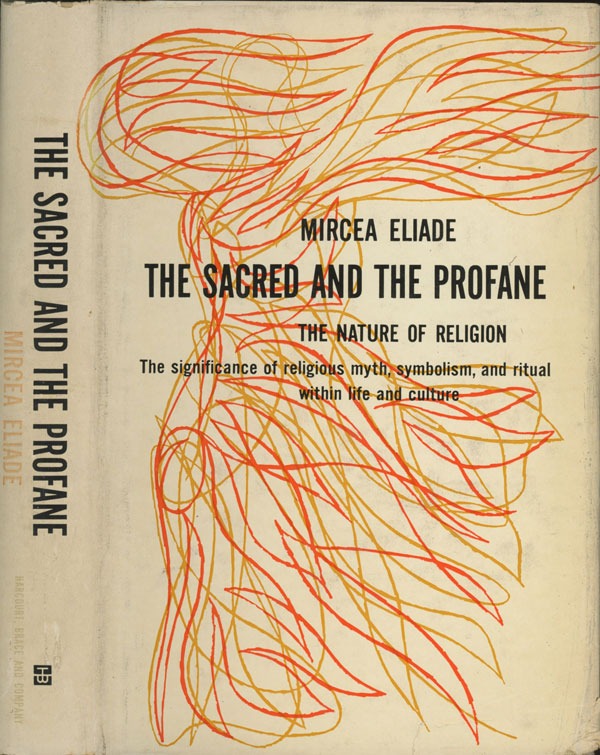Books


Movies
Sacred (2016)
At a time when religious hatred is making headlines around the world, this global yet intensely intimate film explores faith as a primary human experience: how it is used to navigate the milestones and crises of private life. Sacred was shot by 40 film crews around the world. It is an invitation to understand the other in their humanity.
Departures (2008)
Departures (おくりびと, Okuribito) est un film japonais réalisé en 2008 par Yōjirō Takita, avec Masahiro Motoki et Ryōko Hirosue.
Ce long-métrage nous plonge dans la vie d’un violoniste au chômage découvrant le monde des rites funéraires suite à un malentendu. Un jour, il tombe sur une petite annonce intitulée « départs assistés » pour l’agence NK (NKエージェント, NK ējento, en français « agence MEB »). Il va à l’entretien d’embauche en pensant que c’est un travail pour une agence de voyage. Mais lors de l’entretien, il découvre que NK/MEB est l’abréviation pour mise en bière (納棺, nōkan), et qu’il est là pour assister le « départ »…




